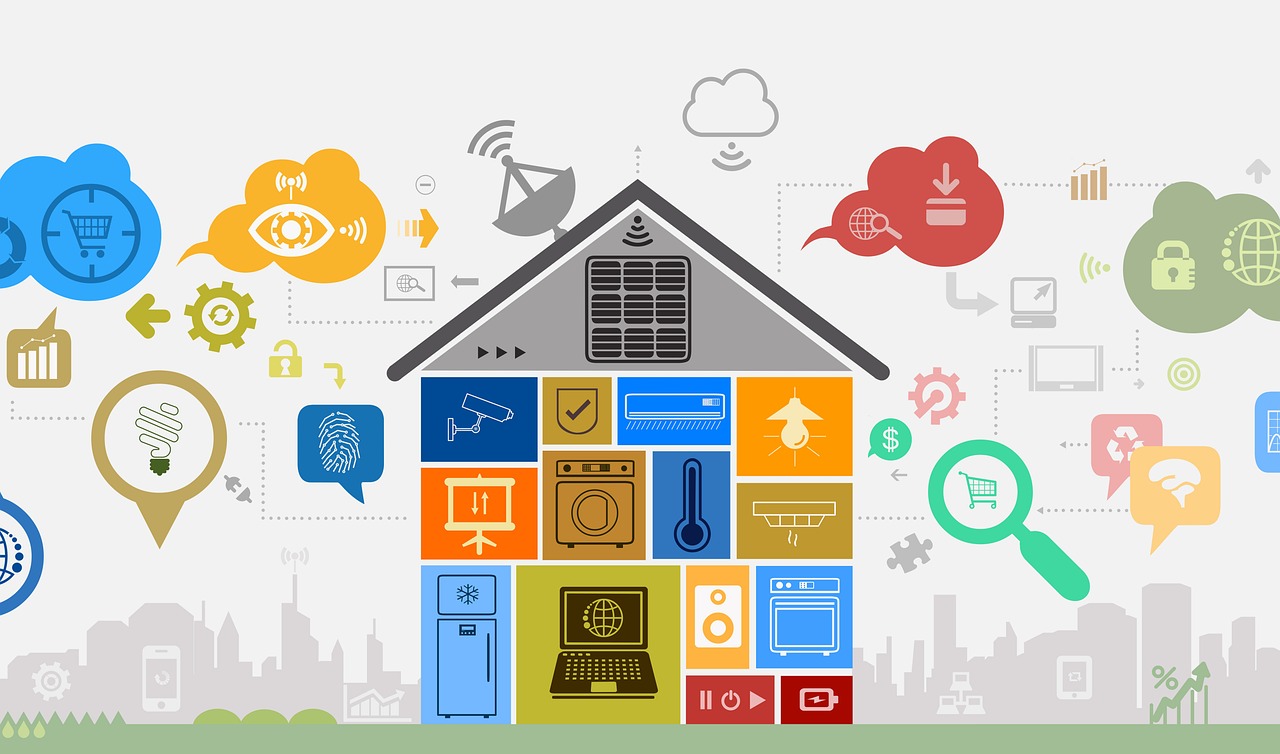Artificial intelligence (AI) chatbot ChatGPT amassed more than one million users in the first five days since its release by OpenAI in November last year. It became the fastest-growing consumer app to date, with 100 million users just two months after its release.
Shocking users with its breadth of knowledge, it has passed some of America’s most challenging professional exams.
Now, AI chatbots could soon play a significant role in healthcare. Faced with a critical shortage of healthcare workers, medical professionals hope that AI chatbots can step in to offload work from nurses and other staff soon.
Bots can step in to help with medical note-writing or answer people’s questions. Initial tests by researchers have found that AI programs are far more accurate than a Google search. Currently, these tasks are handled by pre-med and medical students. AI bots could also be used to help turn information from a doctor into a story for a better explanation to the patients.
F. Perry Wilson, an associate professor of medicine at Yale University, called it “low-hanging fruit” in terms of ChatGPT’s feasible implementation in the foreseeable future.
Researchers predict that within the year a major medical center will announce a collaboration using (LLMs) chatbots to interact with patients and help diagnose diseases.
Epidemiologist Andrew Beam of Harvard University and his colleagues conducted a study with Open AI’s GPT-3. They found that the large language models (LLM) top three potential diagnoses for several diseases included the correct one 88 percent of the time. In contrast, physicians achieved the same results 96 percent of the time.
But when chatbots start playing a bigger role in medicine, doctors and patients will have to proceed with caution as any mistakes could cost lives.







